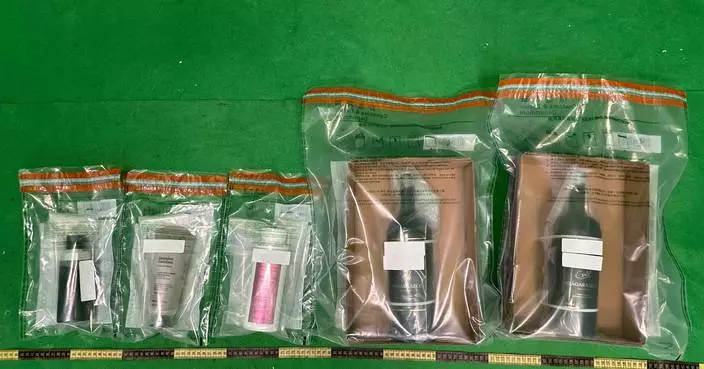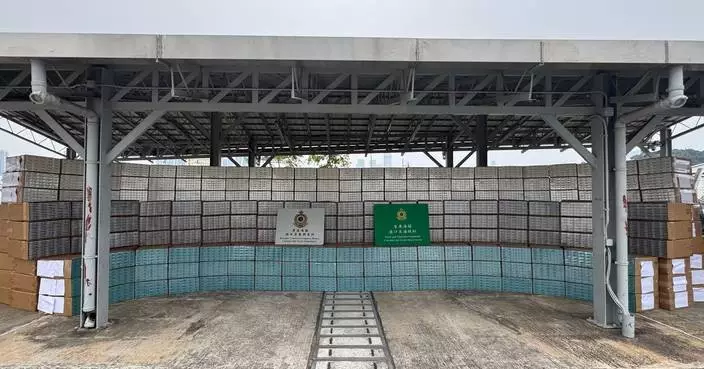Provisions on prohibition of supply and sale of regulated mercury-added products to take effect on December 1
The relevant provisions of the Mercury Control Ordinance prohibiting the supply and sale of regulated mercury-added products will come into effect on December 1 this year to protect public health and the environment from anthropogenic emissions of mercury and mercury compounds.
The Ordinance came into effect on December 1, 2021, to fully implement the Minamata Convention on Mercury in Hong Kong. It regulates the import, export, keeping and use of mercury, mercury mixtures and mercury compounds, as well as the import, export and manufacture of mercury-added products. Provisions prohibiting the supply or sale of regulated mercury-added products will take effect on December 1 this year to facilitate the industry's gradual transition to the use and supply of mercury-free alternatives.
A spokesman for the Environmental Protection Department (EPD) said that starting from December 1, 2024, no person shall supply (including selling or providing for free) regulated mercury-added products. However, the use of regulated mercury-added products does not constitute an offence. Regulated mercury-added products include batteries, switches and relays, compact fluorescent lamps, linear fluorescent lamps, high-pressure mercury vapour lamps, cold cathode fluorescent lamps and external electrode fluorescent lamps for electronic display, cosmetics, biocides and topical antiseptics, and non-electronic measuring devices (mercury thermometers and mercury sphygmomanometers).
The spokesman said, "Currently, most regulated mercury-added products are no longer available on the market. There are ample mercury-free alternatives available, and there are no local manufacturers that require the use of mercury or mercury compounds in their manufacturing processes. It is believed that this control will have a very low impact on the public and the industry."
In order to help the industry understand and comply with the provisions of the Ordinance, the EPD has sent letters to inform stakeholders, including suppliers, sellers, and chambers of commerce, about the details of the prohibition on the supply of regulated mercury-added products. This information has also been disseminated to their members through chambers of commerce. From September to October this year, EPD officers visited about 1 000 merchants that may still sell regulated mercury-added products (such as mercury thermometers and mercury sphygmomanometers), distributing promotional materials and explaining relevant regulatory content to them.
In addition, the EPD will provide free collection and disposal services to merchants who still have stocks of regulated mercury-added products. Merchants in need can apply to the EPD from December 2, 2024, to January 17, 2025. Enquiries regarding the details can be made by calling 3107 8421 or emailing mercurycontrol@epd.gov.hk.
For information on regulated mercury-added products, please visit the EPD webpage:
www.epd.gov.hk/epd/english/international_conventions/mercury/mco.html.





